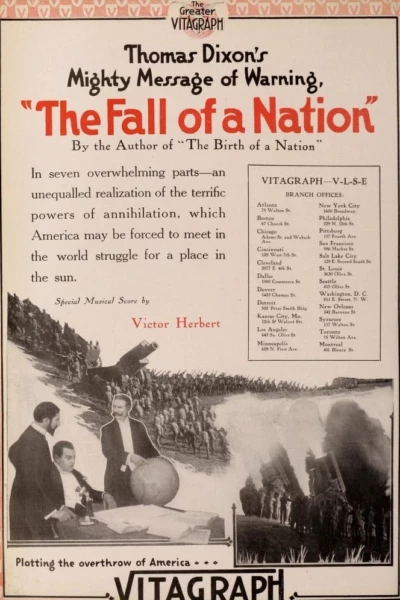The Birth of a Nation (1915)
The Birth of a Nation (1915)
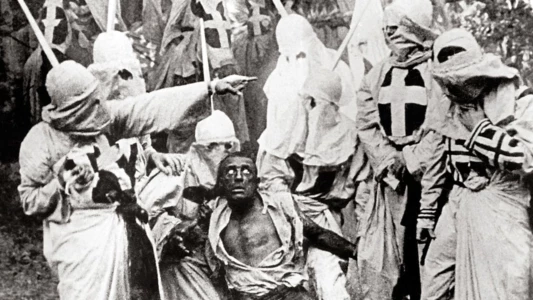
Plot.
Where to Watch.
 Free
Free Subs
Subs Ads
Ads Free
Free Free
Free Free
Free Free
FreeCurrently The Birth of a Nation is available for streaming online, rent, buy or watch for free on: JustWatchTV, FlixFling, Cineverse, Kanopy, Hoopla, Public Domain Movies, FlixHouse
Streaming in:🇺🇸 United States

Cast & Crew.

Lillian Gish
Stoneman's Daughter Elsie
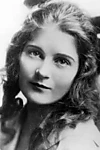
Mae Marsh
Flora Cameron
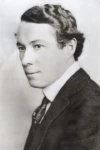
Henry B. Walthall
Col. Ben Cameron / Assistant Director

Miriam Cooper
Margaret Cameron
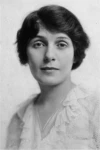
Mary Alden
Stoneman's Housekeeper Lydia
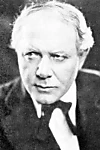
Ralph Lewis
Leader of the House Hon. Austin Stoneman
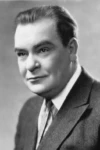
George Siegmann
Lieut. Governor Silas Lynch
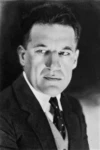
Walter Long
Gus

Robert Harron
Tod / Assistant Director
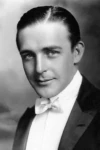
Wallace Reid
Jeff, the Blacksmith
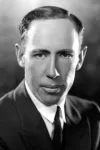
Joseph Henabery
Abraham Lincoln / Editor / Assistant Director

Elmer Clifton
Stoneman's Elder Son Phil / Assistant Director
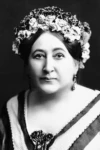
Josephine Crowell
Mrs. Cameron
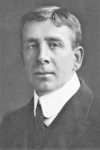
Spottiswoode Aitken
Dr. Cameron

George Beranger
Wade Cameron

Maxfield Stanley
Duke Cameron
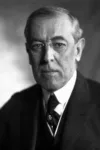
Woodrow Wilson
Writer
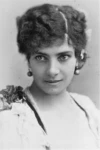
Jennie Lee
Mammy
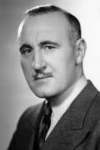
Donald Crisp
Gen. U.S. Grant / Assistant Director
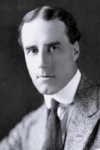
Howard Gaye
Gen. Robert E. Lee / Assistant Director
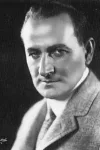
Sam De Grasse
Senator Charles Sumner (uncredited)
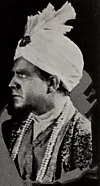
William De Vaull
Nelse (uncredited)

Willam Freeman
Jake / Sentry at Hospital (uncredited)

Tom Wilson
Stoneman's Servant (uncredited) / Assistant Director
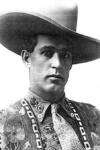
Fred Burns
Klansman (uncredited)
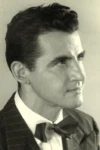
Allan Sears
Klansman (uncredited)
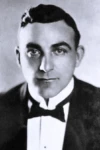
Elmo Lincoln
Blacksmith (uncredited)
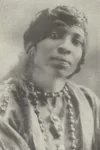
Madame Sul-Te-Wan
Black Woman (uncredited)

Raoul Walsh
John Wilkes Booth (uncredited) / Editor / Assistant Director

Monte Blue
(uncredited) / Assistant Director / Stunts
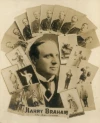
Harry Braham
Cameron's Male Servant (uncredited)
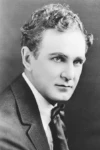
Bob Burns
Klan Leader (uncredited)
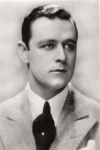
Edmund Burns
Klansman (uncredited)

Edward Burns
Klansman (uncredited)

Peggy Cartwright
Young Girl in Cabin (uncredited)
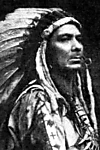
Dark Cloud
General (uncredited)

Leonore Cooper
Elsie's Maid (uncredited)

Charles Eagle Eye
Man Who Falls from Roof (uncredited) / Stunts
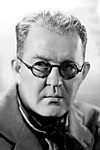
John Ford
Klansman (uncredited)

Olga Grey
Laura Keene (uncredited)
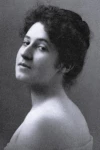
Alberta Lee
Mrs. Lincoln (uncredited)

Betty Marsh
Child with Dr. Cameron (uncredited)

Donna Montran
Belle of 1861 (uncredited)
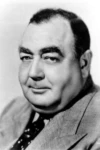
Eugene Pallette
Union Soldier (uncredited)

Alma Rubens
Belle of 1861 (uncredited)
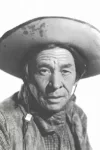
Charles Stevens
Volunteer (uncredited)

Jules White
Confederate Soldier (uncredited)

Violet Wilkey
Young Flora Cameron (uncredited)

David Butler
Northern Soldier / Confederate Soldier (uncredited)
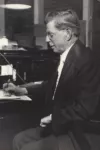
Frank E. Woods
Screenplay

H.E. Aitken
Executive Producer

Joseph Carl Breil
Director of Photography / Music

Jon Mirsalis
Original Music Composer
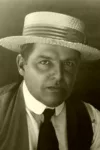
Billy Bitzer
Director of Photography

James Smith
Editor

Rose Smith
Editor

Robert Goldstein
Costume Design

Clare West
Costume Design

Walter Hoffman
Special Effects / Special Effects Supervisor

D.W. Griffith
Writer / Producer / Original Music Composer / Editor / Presenter / Director
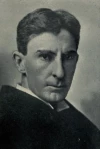
Thomas F. Dixon Jr.
Novel / Adaptation
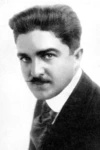
Christy Cabanne
Assistant Director
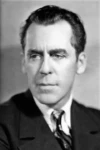
Jack Conway
Assistant Director

Allan Dwan
Assistant Director

Fred Hamer
Assistant Director

Thomas E. O'Brien
Assistant Director

Herbert Sutch
Assistant Director
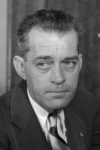
W.S. Van Dyke
Assistant Director
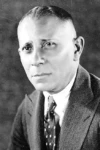
Erich von Stroheim
Assistant Director

Baron von Winther
Assistant Director

Ralph M. DeLacy
Property Master

Shorty English
Carpenter

Cash Shockey
Painter

Frank Wortman
Set Designer

Hal Sullivan
Assistant Property Master

Fireworks Wilson
Special Effects

Leo Nomis
Stunts

Karl Brown
Camera Operator

Karl Malkames
Negative Cutter

Carli Elinor
Conductor

Joseph Nurnberger
Music

Jim Kidd
Security
Media.















Details.
Release DateFebruary 8, 1915
StatusReleased
Running Time3h 15m
Content RatingPG
Budget$100,000
Box Office$11,000,000
Genres
Last updated:
This Movie Is About.
Wiki.
The Birth of a Nation is a 1915 American silent epic drama film directed by D. W. Griffith and starring Lillian Gish. The screenplay is adapted from Thomas Dixon Jr.'s 1905 novel and play The Clansman. Griffith co-wrote the screenplay with Frank E. Woods and produced the film with Harry Aitken.
The Birth of a Nation is a landmark of film history, lauded for its technical virtuosity. It was the first non-serial American 12-reel film ever made. Its plot, part fiction and part history, chronicles the assassination of Abraham Lincoln by John Wilkes Booth and the relationship of two families in the Civil War and Reconstruction eras over the course of several years—the pro-Union (Northern) Stonemans and the pro-Confederacy (Southern) Camerons. It was originally shown in two parts separated by an intermission, and it was the first American-made film to have a musical score for an orchestra. It helped to pioneer closeups and fadeouts, and it includes a carefully staged battle sequence with hundreds of extras made to look like thousands. It came with a 13-page Souvenir Program. It was the first motion picture to be screened inside the White House, viewed there by President Woodrow Wilson, his family, and members of his cabinet.
The film was controversial even before its release and it has remained so ever since; it has been called "the most controversial film ever made in the United States",: 198 as well as "the most reprehensibly racist film in Hollywood history". The film has been denounced for its racist depiction of African Americans. The film portrays its black characters (many of whom are played by white actors in blackface) as unintelligent and sexually aggressive toward white women. The Ku Klux Klan (KKK), a white supremacist hate group, is portrayed as a heroic force that protects white women and maintains white supremacy.
Popular among white audiences nationwide upon its release, the film's success was both a consequence of and a contributor to racial segregation throughout the U.S. In response to the film's depictions of black people and Civil War history, African Americans across the U.S. organized and protested. In Boston and other localities, black leaders and the NAACP spearheaded an unsuccessful campaign to have it banned on the basis that it inflamed racial tensions and could incite violence. It was also denied release in the state of Ohio and the cities of Chicago, Denver, Pittsburgh, St. Louis, and Minneapolis. Griffith's indignation at efforts to censor or ban the film motivated him to produce Intolerance the following year.
In spite of its divisiveness, The Birth of a Nation was a massive commercial success across the nation—grossing far more than any previous motion picture—and it profoundly influenced both the film industry and American culture. Adjusted for inflation, the film remains one of the highest-grossing films ever made. It has been acknowledged as an inspiration for the rebirth of the Ku Klux Klan, which took place only a few months after its release. In 1992, the Library of Congress deemed the film "culturally, historically, or aesthetically significant" and selected it for preservation in the National Film Registry.
You May Also Like.
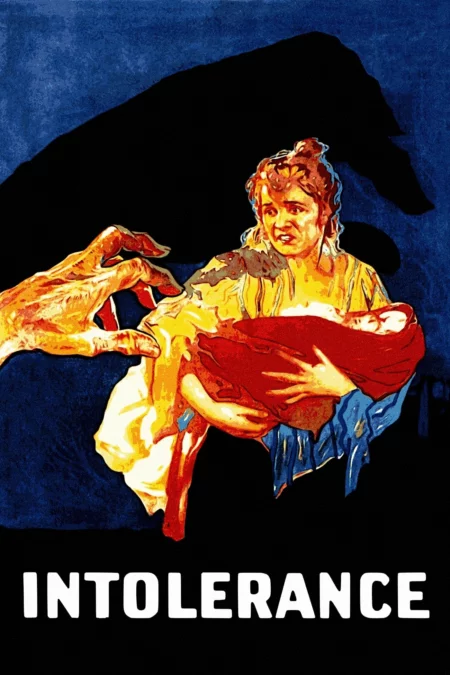
Intolerance: Love's Struggle Throughout the Ages (1916)
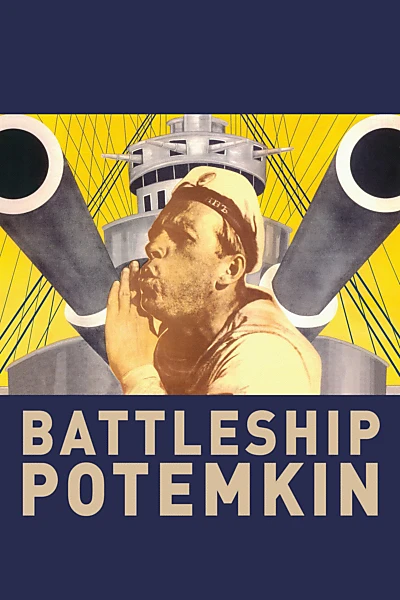
Battleship Potemkin (1925)
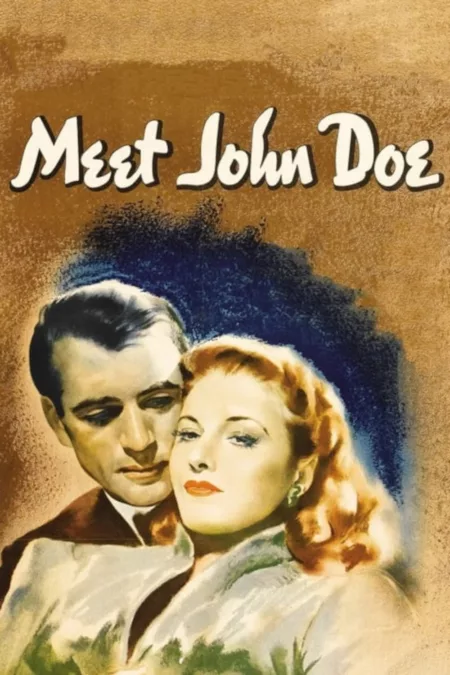
Meet John Doe (1941)
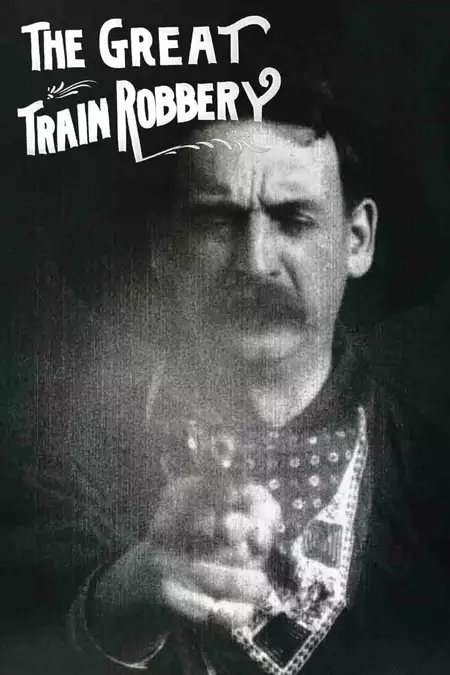
The Great Train Robbery (1903)
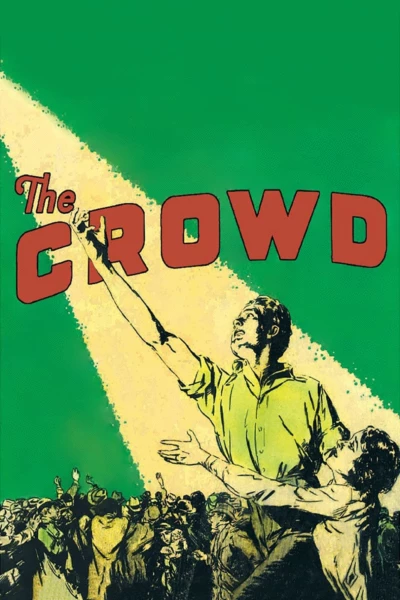
The Crowd (1928)
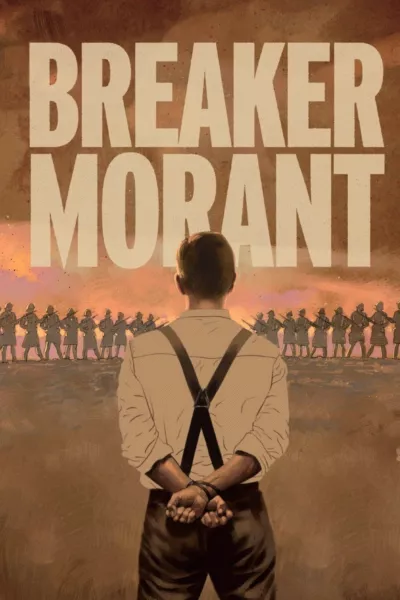
Breaker Morant (1980)
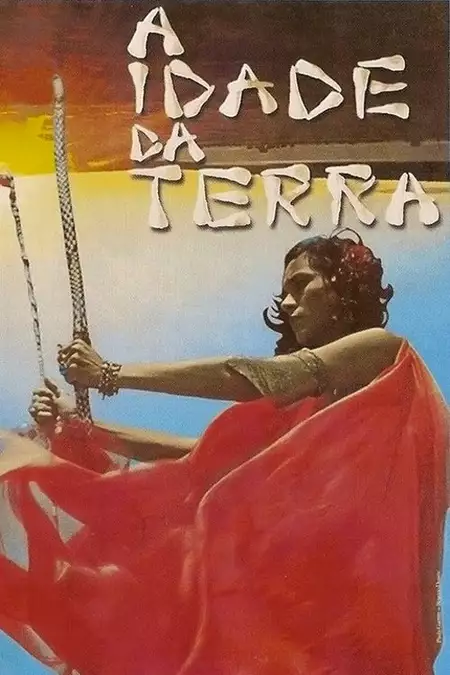
The Age of the Earth (1980)

Sacrifice (2020)
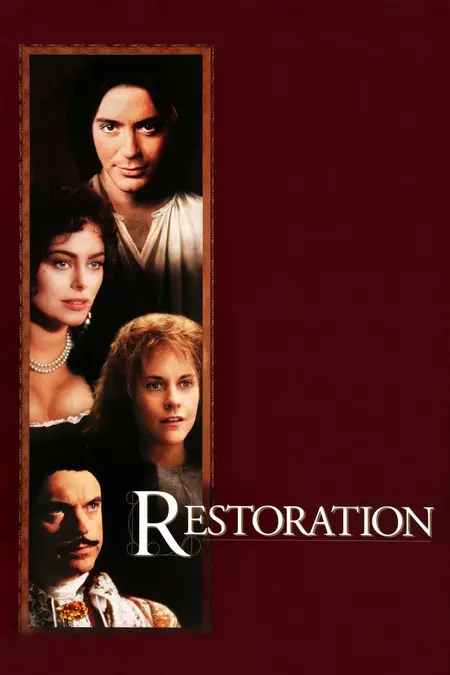
Restoration (1995)
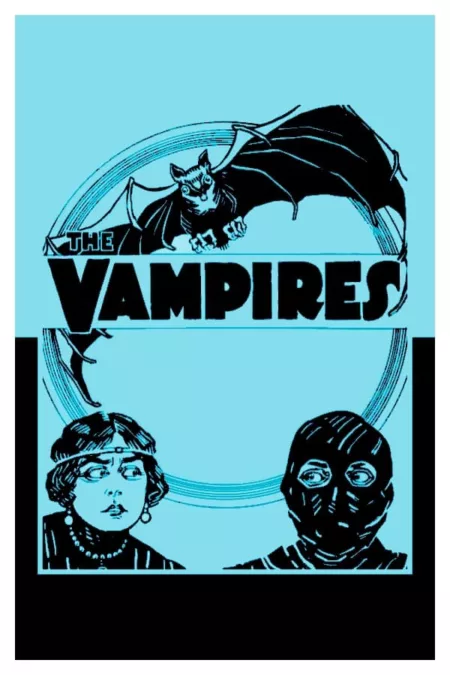
The Vampires or, The Arch Criminals of Paris (1915)

Carlos (2010)

Heartthrob (2017)
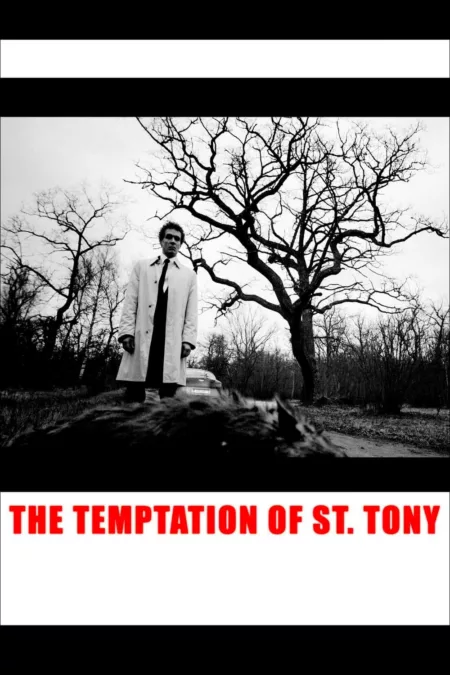
The Temptation of St. Tony (2009)
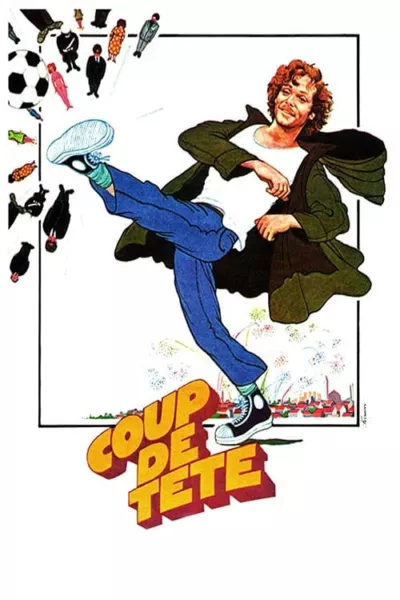
Hothead (1979)

Duelle (1976)
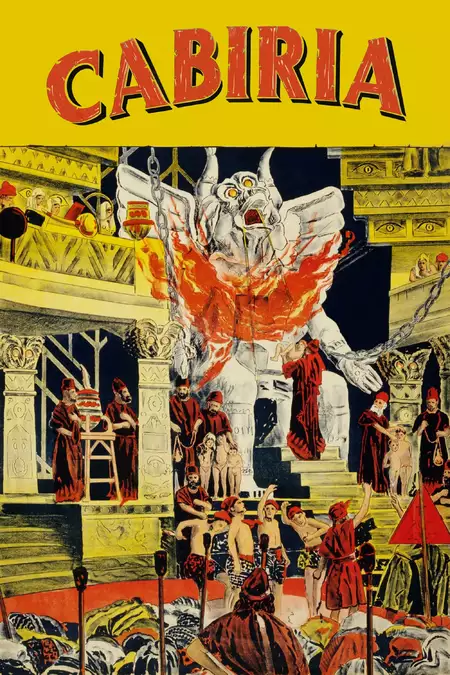
Cabiria (1914)
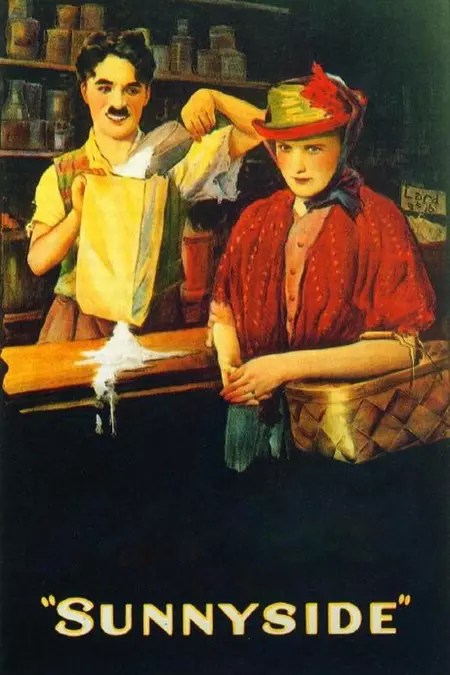
Sunnyside (1919)
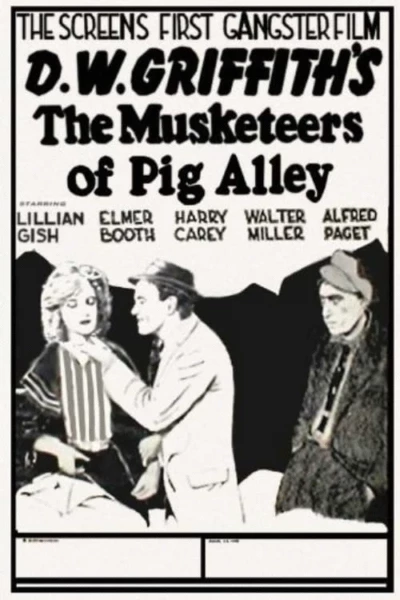
The Musketeers of Pig Alley (1912)



